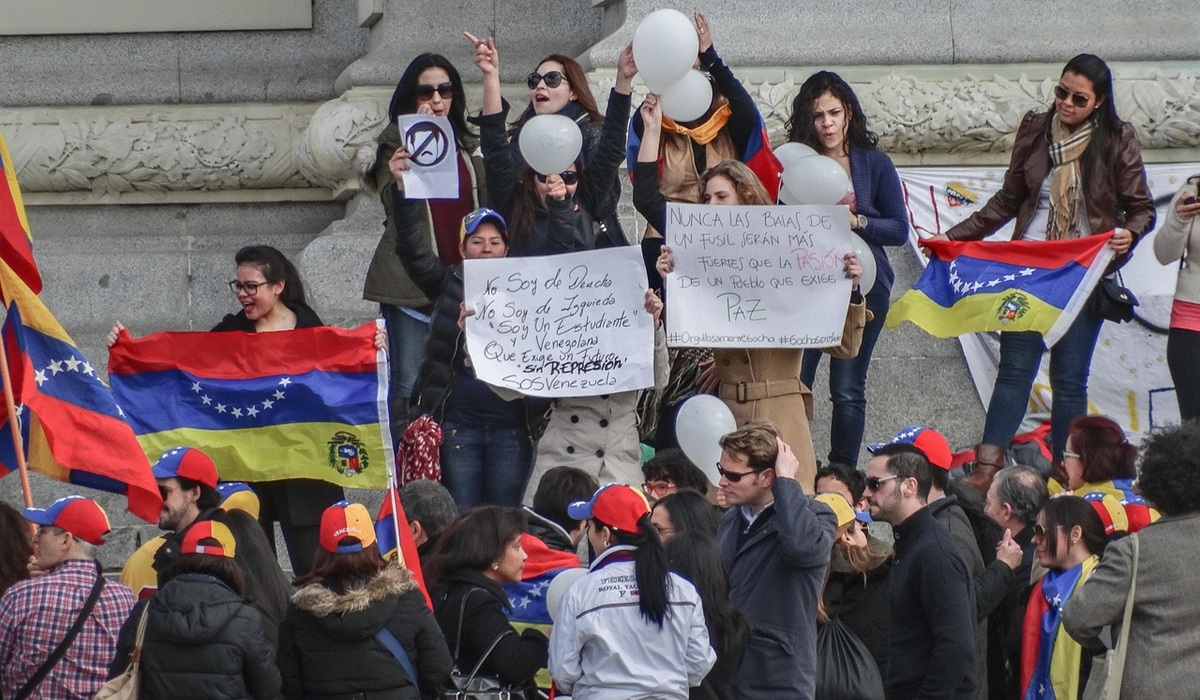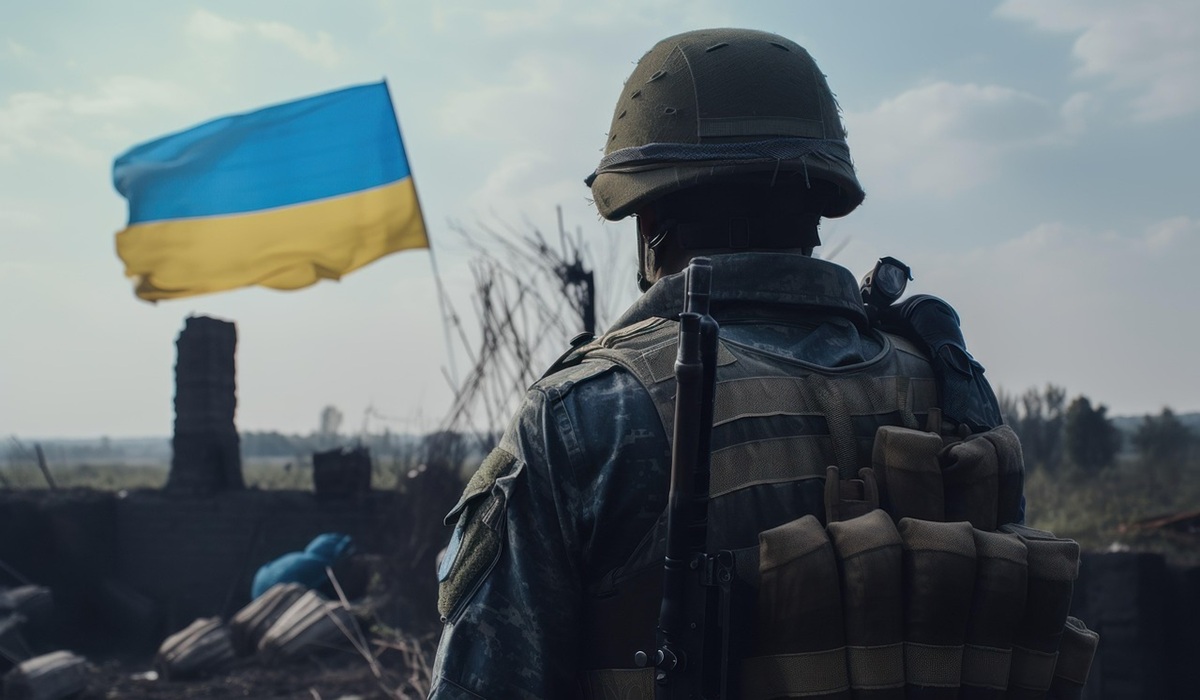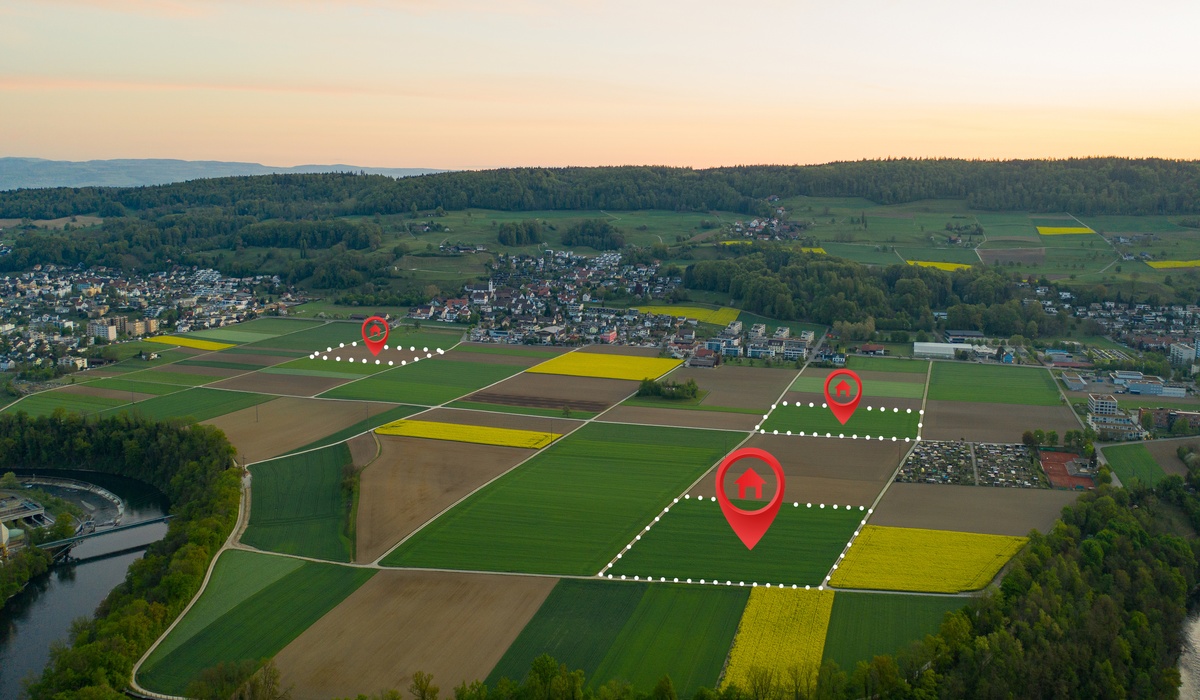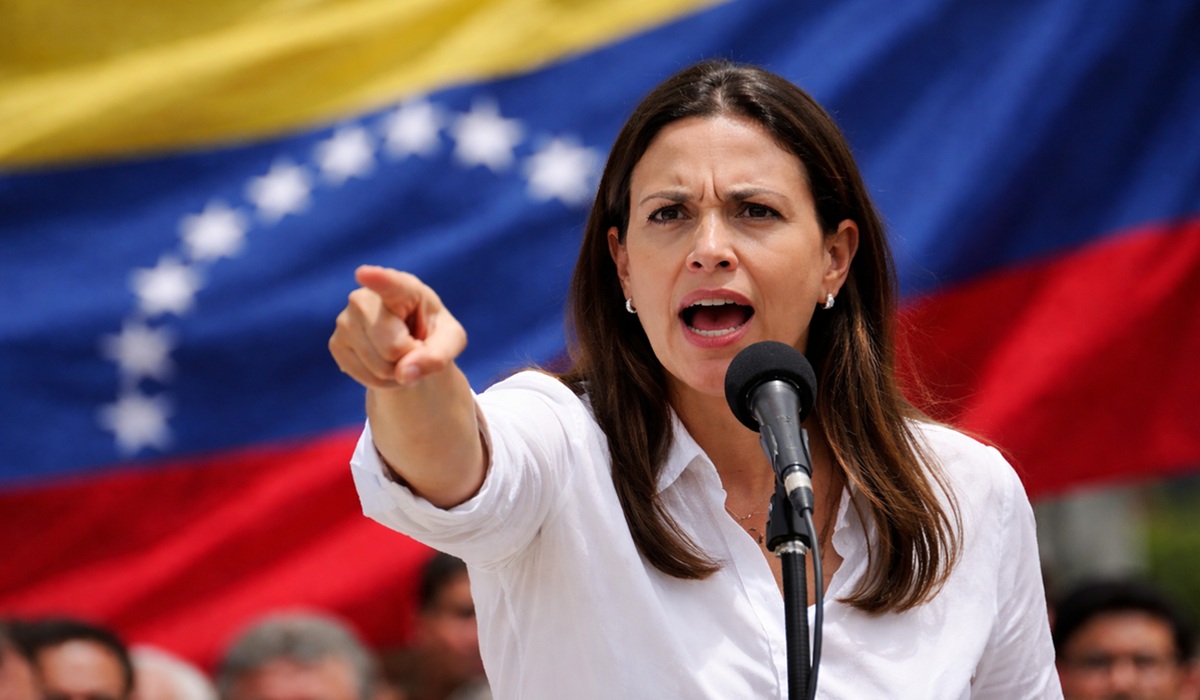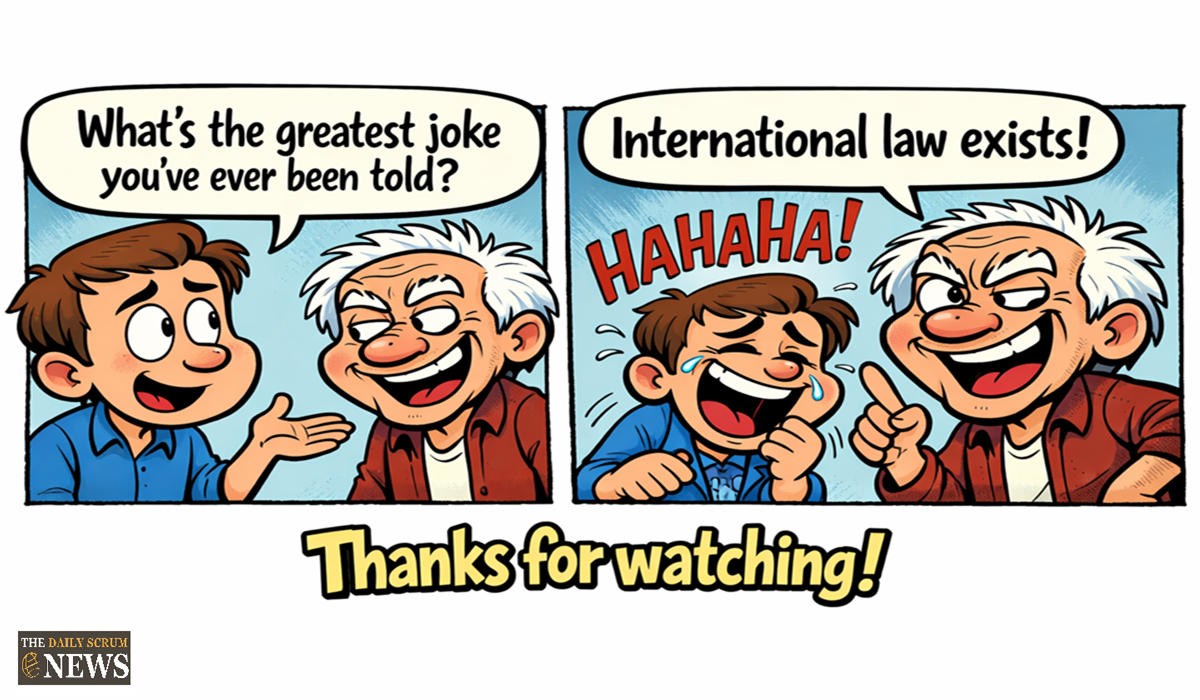Switzerland’s Quiet Power: How a Nation Thrives Without a President or Prime Minister
- Naomi Dela Cruz
- Elections
- Trending News
- November 20, 2025
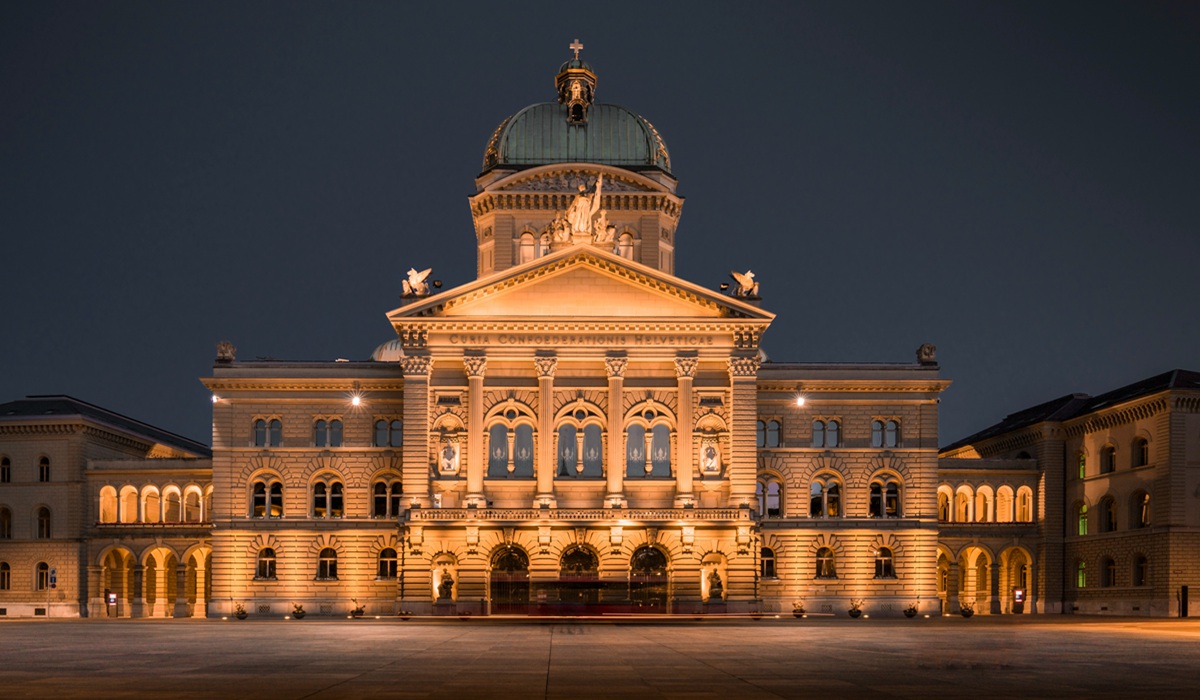
Image Credit, Bern, Schweiz
Most of the world organizes itself around a single leader—someone with a title big enough to carry the weight of national identity. Presidents grace magazine covers. Prime ministers dominate election cycles. Even monarchs, in constitutional systems, anchor a country’s sense of continuity. But tucked in the heart of Europe is a nation that quietly defies this model. No one person holds the reins. No one stands at the top. There is no powerful head of state, no commanding prime minister, no towering political figure whose shadow stretches across the land. And yet, year after year, it remains one of the most stable, peaceful, and prosperous societies on Earth.
How does a country function like this? The answer lies in a political design that treats shared leadership not as an experiment, but as an identity.
The country’s modern system took shape in the 1800s, after internal tensions pushed its regions to rethink how power should operate. The challenge was unique. This was not a place with one language or one dominant culture. Communities spoke German, French, Italian, and Romansh. Regions—called cantons—had their own histories, loyalties, and traditions. A centralized, personality-driven leadership structure simply wouldn’t survive the weight of that diversity. So instead of building a strong head of state, the founders built a structure that made it nearly impossible for power to concentrate.
The result was a seven-member executive council elected by the national parliament. Each member oversees a major department. All seven share authority equally. They meet weekly, debate policy, and collectively shape the direction of the country. Once they make a decision, every member is expected to stand behind it, even if they disagree privately. The idea is simple: decisions belong to all, not one.
Every year one councillor becomes the ceremonial president, but the title is almost symbolic. It is more like being chosen to host a dinner than becoming a national commander. There is no ability to override colleagues. No executive veto. No sweeping power. When the year ends, the role moves on to someone else. No one stays in the spotlight long enough to become irreplaceable.
It is difficult to explain how radically different this is unless one compares it to the rest of the world. In most democracies, elections become battles over personalities. Leaders are tested for charisma, vision, strength, and sometimes theatrics. Cabinets form and dissolve depending on which individual wins. Policies are often tied to the image or legacy of a single figure. A great deal of political energy goes into elevating—or tearing down—that person.
Here, that simply doesn’t exist. The average citizen can’t name the current president, and no one expects them to. It changes every year anyway. Instead, political identity grows from the ground up. Citizens vote several times annually on major national issues. Local governments hold immense authority. People feel ownership over decisions because they aren’t waiting for a leader to decree them. The political culture is built on participation, not performance.
This model works because the society itself has shaped it. Compromise isn’t seen as weakness; it’s seen as maturity. Public debate tends to be measured rather than explosive. Parties work together with the expectation that no single group will ever control the entire system. The country is small enough for consensus-building to be meaningful, yet diverse enough that cooperation becomes a necessity rather than a choice.
This structure also creates political continuity. Councillors often serve long terms, sometimes a decade or more. That means government doesn’t swing wildly with each election. Policies evolve gradually. Institutions maintain stability. There is no national panic when leadership rotates, because leadership rotates constantly. No one person carries the pressure of representing the entire country.
This shared leadership model also diffuses political blame and political glory. If a policy succeeds, it is credited to the system rather than an individual. If it fails, the criticism is distributed across the council. Without a single figure to idolize or demonize, political debate remains grounded in substance rather than personality. A healthy distance exists between citizens and the idea of a “saviour leader.”
Why wouldn’t this work everywhere else? Size is one reason. A large, polarized country with deep divisions or complex geopolitical responsibilities often requires decisive executive authority. Some societies are built on the expectation that a strong figure—whether admired or feared—must anchor the nation. Others have histories of instability that make power-sharing difficult. In many places, a seven-person executive would dissolve into factional warfare within weeks.
Cultural expectations also matter. This particular society has centuries of practice with local autonomy and communal decision-making. People are accustomed to compromise, slow negotiation, and long-term thinking. There is a national instinct to avoid extremes. It is hard to transplant that into countries where political battles are shaped by identity, ideology, or competing visions of a single national destiny.
And yet, despite these differences, the success of this model offers something worth contemplating. It shows that stability does not require a dominant leader. Prosperity is not dependent on a charismatic executive. Peace does not need a singular voice at the top. Sometimes, the best way to prevent power from corrupting is to refuse to let it accumulate in the first place.
A nation without a boss thrives by trusting its people, trusting its regions, and trusting a structure that places humility at the center of governance. No one rises high enough to overshadow the system. No one falls low enough to drag it into crisis. Leadership becomes a rotating responsibility rather than a throne. And the result, decade after decade, is a country that functions with quiet confidence, proving that strong institutions can triumph over strong personalities.
It is not a model the world can easily copy. But it is one the world can admire—an example of what happens when power is treated not as a prize, but as a shared duty.


